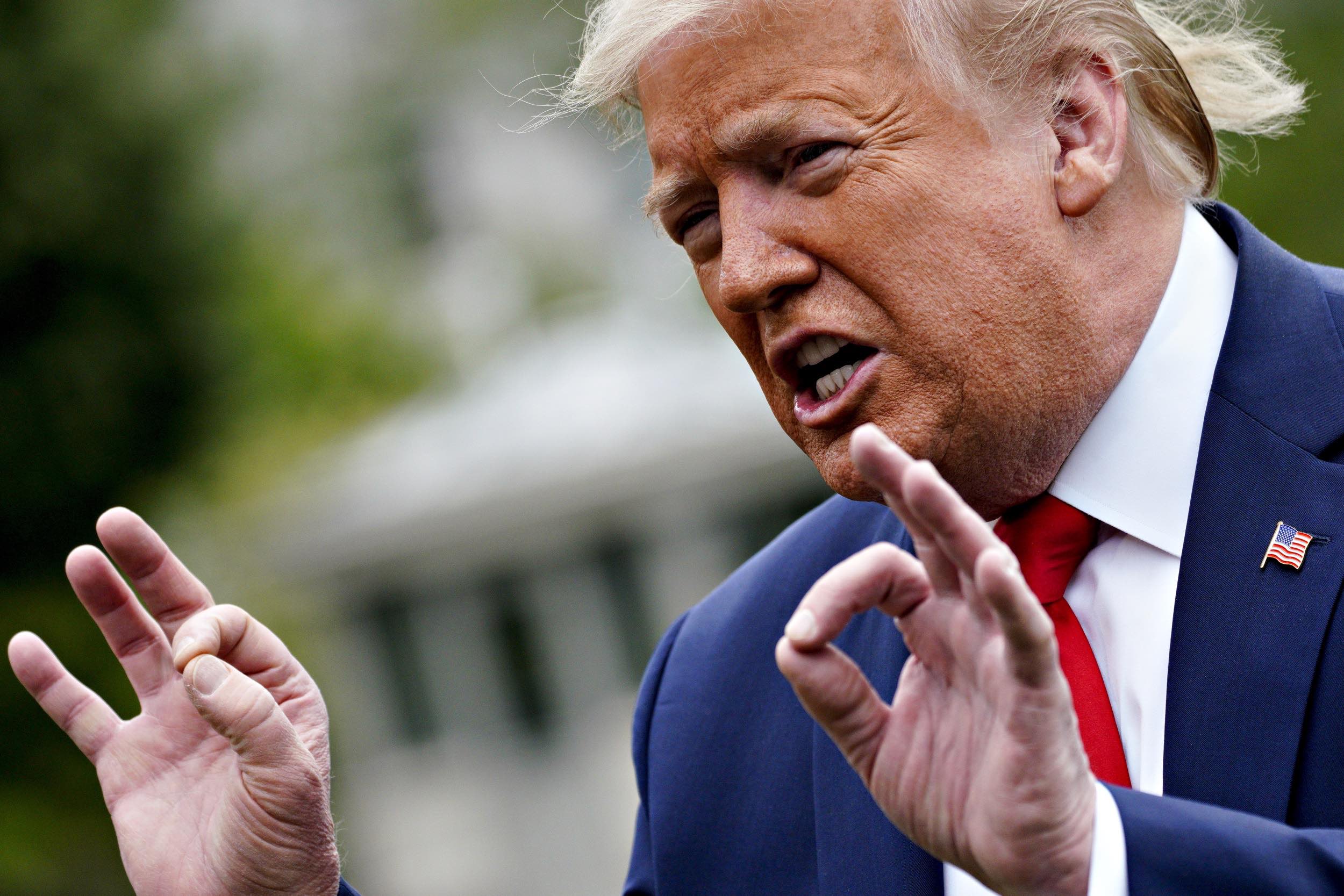Facebook’s quasi-independent Oversight Board announced its decision today to uphold the ban on former President Donald Trump’s account.
In a ruling issued Wednesday, the board said that while the ban was justified, its open-ended nature was not. "However, it was not appropriate for Facebook to impose the indeterminate and standardless penalty of indefinite suspension," the board wrote. "Facebook’s normal penalties include removing the violating content, imposing a time-bound period of suspension, or permanently disabling the page and account."
Instead, the board is calling on Facebook to review the issue and "justify a proportionate response that is consistent with the rules that are applied to other users of its platform." The review should be completed within six months, according to the ruling.
Facebook booted Trump from his Facebook and Instagram accounts on January 7, one day after the insurrection at the US Capitol that resulted in five dead and hundreds wounded. Trump had used his accounts to cast unfounded doubts on the results of the 2020 presidential election and “condone not condemn the actions of his supporters at the Capitol building,” CEO Mark Zuckerberg said at the time.
“We believe the risks of allowing the President to continue to use our service during this period are simply too great,” he added. “Therefore, we are extending the block we have placed on his Facebook and Instagram accounts indefinitely and for at least the next two weeks until the peaceful transition of power is complete.”
When the two-week period had passed and after President Joe Biden was sworn into office, Facebook extended Trump’s bans. “We have no plans to lift it,” Facebook COO Sheryl Sandberg said in an interview with Reuters on January 11.
But neither did Facebook want ultimate responsibility for the ban, either. On January 21, Nick Clegg, the company’s vice president of global affairs, wrote that Facebook would be handing the decision off to the Oversight Board. “In making our decision, our first priority was to assist in the peaceful transfer of power. This is why, when announcing the suspension on January 7, we said it would be indefinite and for at least two weeks. We are referring it to the Oversight Board now that the inauguration has taken place,” he said.
The Oversight Board typically considers overturning a Facebook decision only after a person has exhausted the company’s appeals process. Clegg’s post seemed to suggest the decision to involve the Oversight Board was made at the executive level and not after Trump or his staff had waded through a series of appeals.


